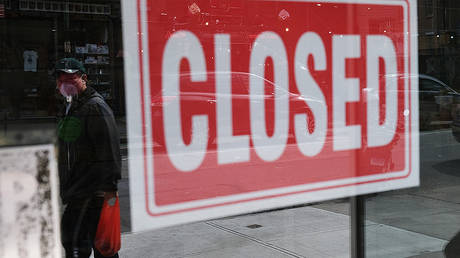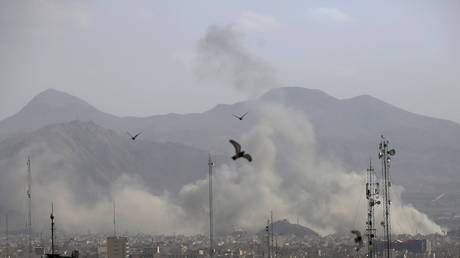
The International Labour Organization (ILO) has warned that around half of the world’s workforce, or 1.6 billion workers, are at imminent risk of losing their livelihood because of the economic impact of the coronavirus pandemic.
In its latest report, the UN agency stated that those hardest hit by the financial effects of the Covid-19 outbreak have been ‘informal economy’ workers, including the self-employed and those on a short-term contract.
“The first month of the crisis is estimated to have resulted in a drop of 60 percent in the income of informal workers globally,” the ILO said of the economic damage already caused by the pandemic.
The deepening crisis in many parts of the world has left more than 436 million businesses facing financial hardship and possible closure, the ILO stated, which will inevitably hurt workers. The report listed the worst-hit sectors as manufacturing, accommodation and food services, wholesale and retail trade, and real estate.
“For millions of workers, no income means no food, no security and no future,” ILO Director-General Guy Ryder said of the stark impact of an economic dip.
He added that, according to ILO data, there is expected to be a “massive” rise in poverty levels worldwide, unless governments recognize the need to reconstruct their economies around better working practices and “not a return to the pre-pandemic world of precarious work for the majority.”
Since the novel coronavirus emerged in China late last year, over 3.1 million cases have been confirmed around the world, and more than 216,000 people have died. Drastic lockdowns to limit its spread have taken a dire toll on the global economy, prompting market turmoil and numerous projections of the heavy recession to strike this year.
Think your friends would be interested? Share this story!




